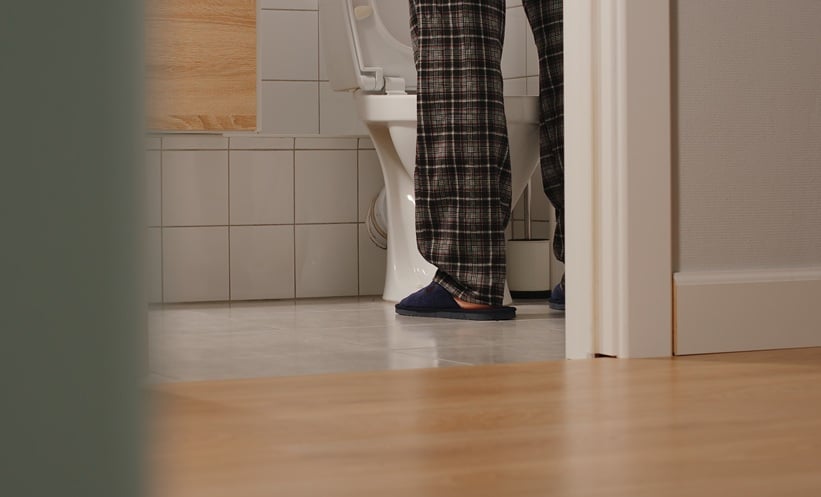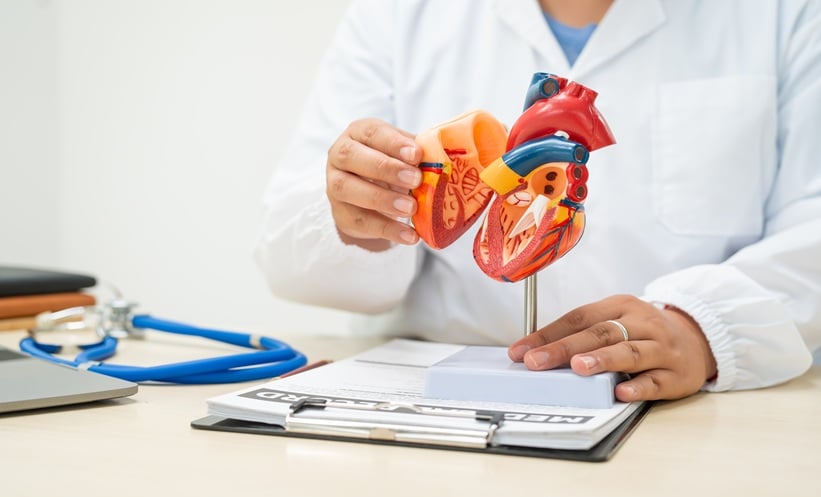A NEW STUDY from Switzerland has found that estimating daily sodium intake using nighttime urine collections is not a reliable alternative to the current gold standard of 24-hour urine sampling.
Accurate measurement of sodium intake is essential in public health and clinical research, particularly for conditions like hypertension. While 24-hour urine collection remains the most accurate method, it is burdensome for participants. Spot urine samples, a commonly used alternative, often lead to biased estimates. Researchers explored whether nighttime-only urine sampling, which is less intrusive, could provide a viable solution.
The study analysed data from 1,757 urine samples collected as part of the Swiss Kidney Project on Genes in Hypertension (SKIPOGH), involving 1,090 adults of European ancestry. Researchers divided the samples into daytime and nighttime collections and tested three methods to estimate daily sodium excretion using nighttime data.
While moderate correlations were found between nighttime estimates and full 24-hour collections, ranging from 0.651 to 0.749 depending on the method, none of the approaches proved accurate. Normalisation by collection duration showed a systematic negative bias, while methods based on volume and regression models also failed to accurately reflect individual or population sodium intake patterns. Particularly concerning was the inability of all methods to adjust for health conditions like diabetes and hypertension, which influence sodium excretion.
The findings suggest that although nighttime urine sampling is easier for participants, it is not suitable for precise sodium intake estimation, especially at the individual level. The authors concluded that while it may reduce participant burden, it compromises the quality and reliability of sodium intake data, making it unsuitable for replacing 24-hour collections in clinical or epidemiological settings.
Reference
Geldsetzer P et al. The potential of nighttime urine samples for epidemiological research on sodium intake: Evidence from a population-based cohort study in Switzerland. Am J Clin Nutr. 2025;DOI:10.1016/j.ajcnut.2025.05.031.








